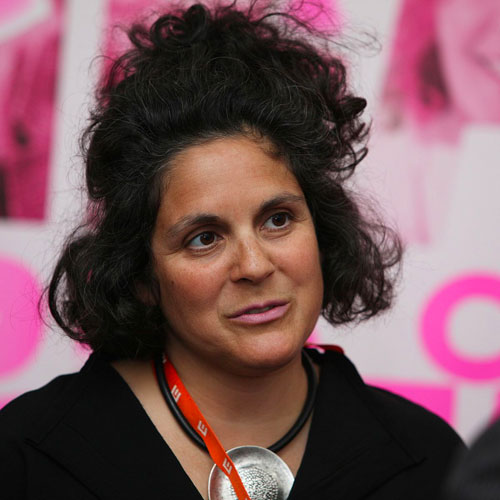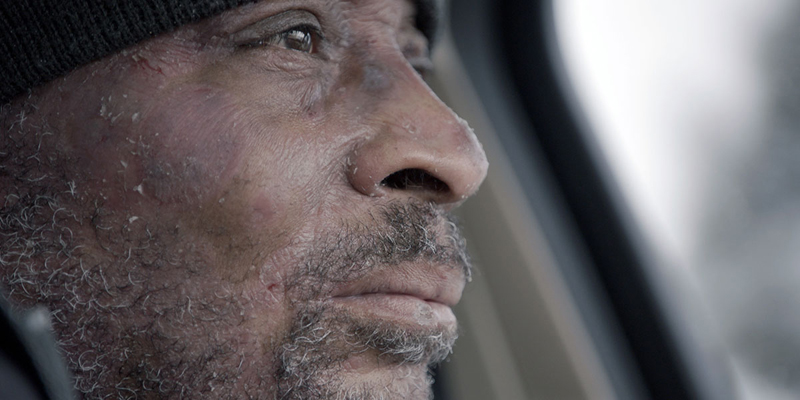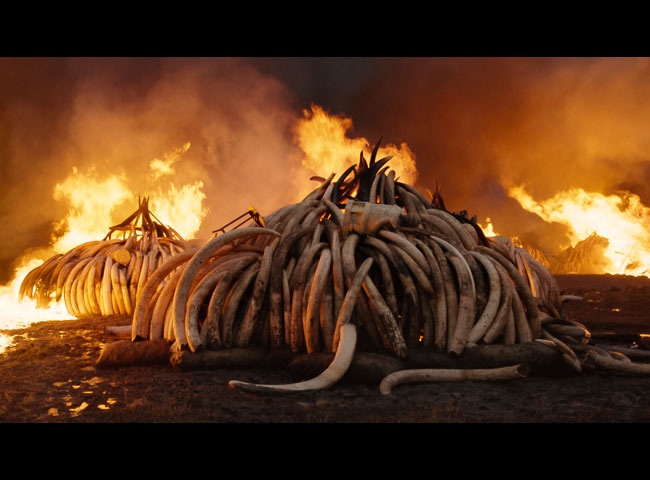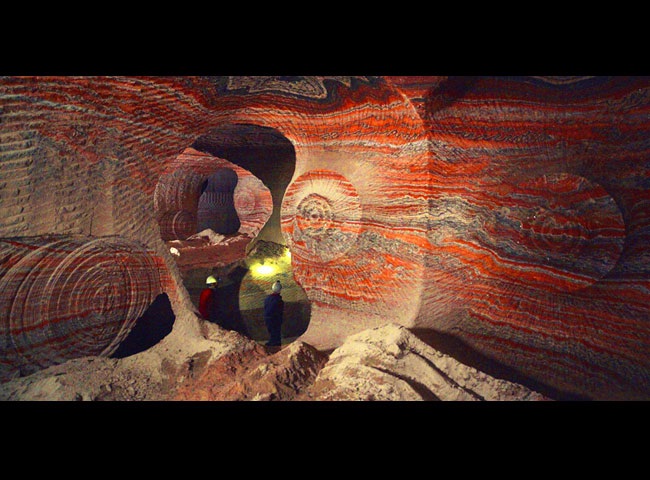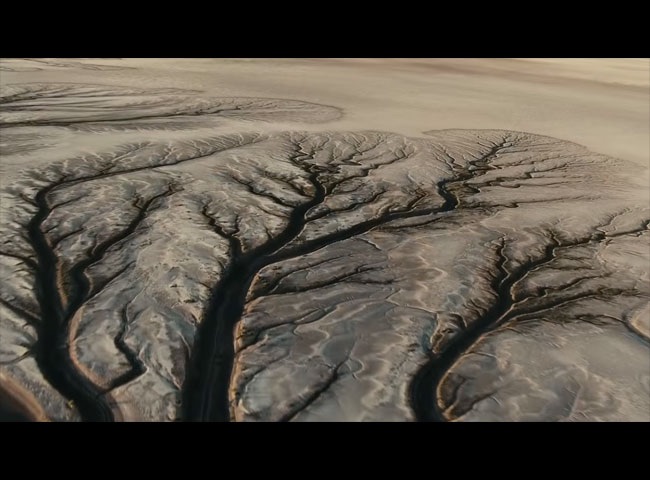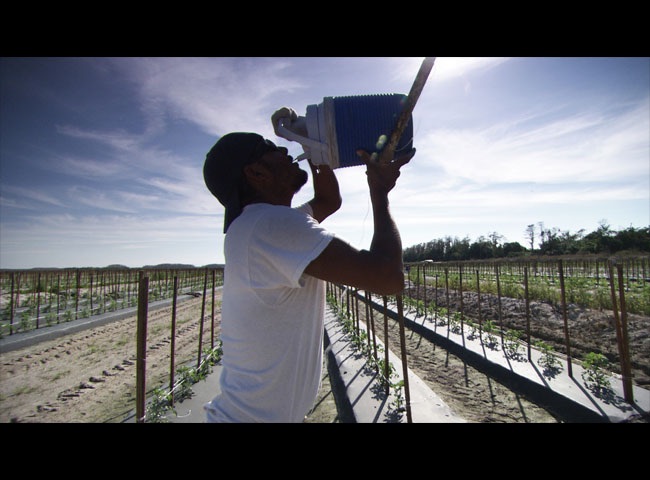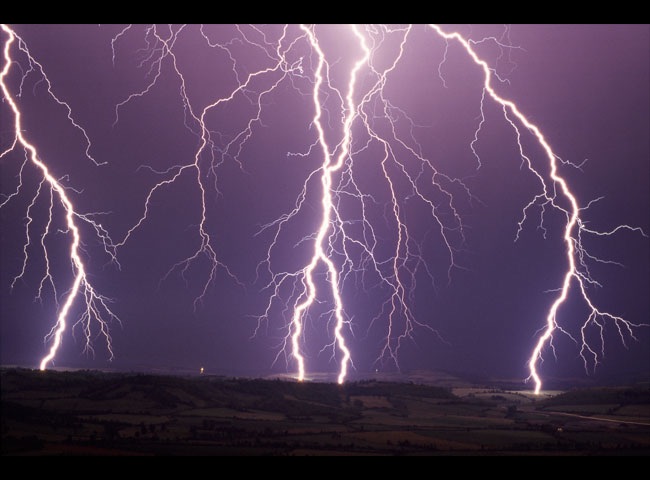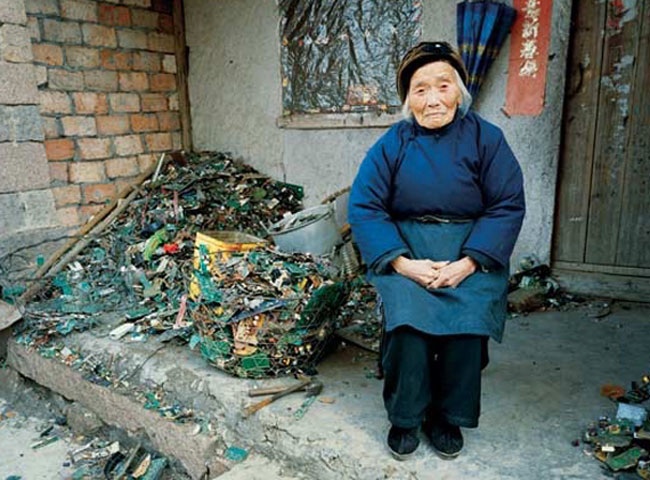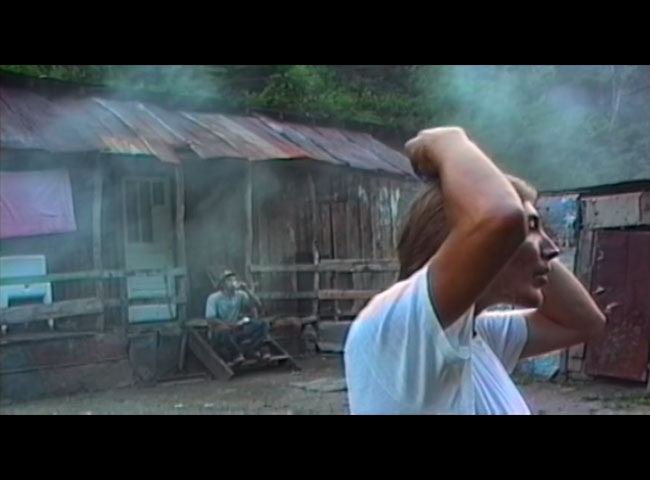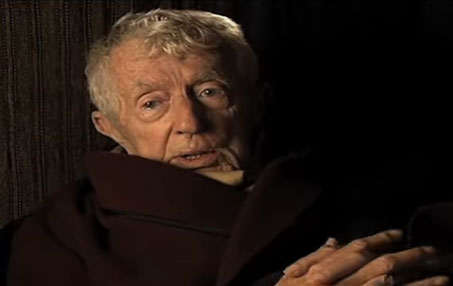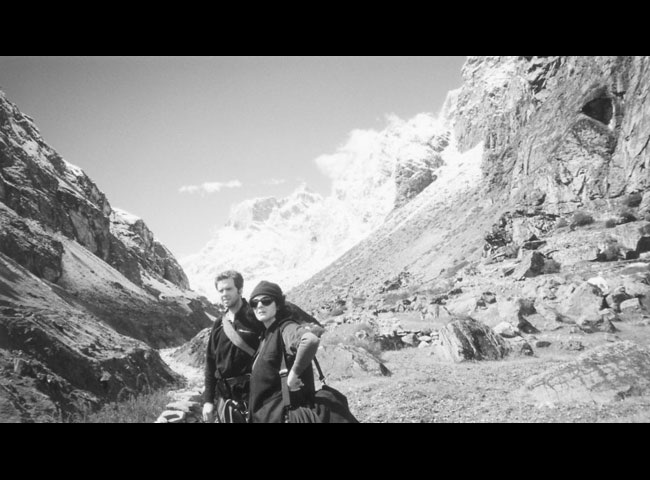Jennifer Baichwal
- Écriture
- Production (personne)
- Réalisation
Jennifer Baichwal was born in Montréal and grew up in Victoria, British Columbia. She studied philosophy and theology at McGill University, receiving an M.A. in 1994, supported by a McGill Major Fellowship and an FCAR Master’s Scholarship. Baichwal has been directing and producing documentaries for 25 years.
Among other films, installations and lens-based projects, she has made 10 feature documentaries which have played all over the world and won multiple awards nationally and internationally.
Let it Come Down: The Life of Paul Bowles, her first feature documentary, won an International Emmy for Best Arts Documentary 1999. [...] The Holier It Gets documents a trek Baichwal took with her brother and two sisters to the source of the Ganges river with her father’s ashes. The film won Best Independent Canadian Film and Best Cultural Documentary at Hot Docs 2000, Geminis for Best Editing, Best Writing, and Best Direction. [...]
Manufactured Landscapes, a documentary about the work of artist Edward Burtynsky, was a co-production among Mercury Films, Foundry Films and the National Film Board. It premiered at the Toronto International Film Festival in September 2006 and won Best Canadian Feature Film, was in competition at Sundance the following January, and has since received a number of other awards, notably a Genie for Best Documentary, Al Gore’s Reel Current Award and the 2006 Toronto Film Critics Award for Best Canadian Feature and Best Documentary. It played theatrically in over 15 territories worldwide, after a prolonged and successful run in Canada, and was named as one of 150 Essential Works In Canadian Cinema History by TIFF in 2016. [...]
The feature documentary, Watermark — about human interaction with water around the world — marked Baichwal and de Pencier’s second collaboration with Edward Burtynsky. The documentary is co-directed by Burtynsky, produced and filmed by de Pencier. It premiered at the Toronto International Film Festival in September 2013 and was a box office success in Canada, playing in theatres for 4 months. It won the Toronto Film Critics Association Prize for Best Canadian Film in January 2014 and Best Documentary at the Canadian Screen Awards 2014. [...]
Baichwal has given numerous workshops and talks on documentary film practice and her work, and has taught both undergraduate and graduate courses at York University’s film department. She sits on the board of Swim Drink Fish Canada, and is a member of the Ryerson University School of Image Arts Advisory Council. She has been a Director of the Board of the Toronto International Film Festival since 2016, and is a passionate ambassador of their "Share Her Journey campaign", a five-year commitment to increasing participation, skills, and opportunities for women behind and in front of the camera.
Baichwal’s most recent collaboration with de Pencier and Edward Burtynsky is The Anthropocene Project. It includes a major touring exhibition which debuted simultaneously at the Art Gallery of Ontario and National Gallery of Canada and is currently travelling around the world. The feature documentary film Anthropocene: The Human Epoch premiered at TIFF 2018, played Sundance and the Berlinale, and was released theatrically [...]. The film won the Toronto Film Critics Association prize for Best Canadian Film, and a Canadian Screen Award for Best Documentary Feature. The Anthropocene Project also includes an art book published by Steidl, and an educational program in partnership with the Royal Canadian Geographical Society.
She is currently in development on several projects, and in production for a feature documentary on global insect collapse.
(Source : Mercury Films Inc.)
